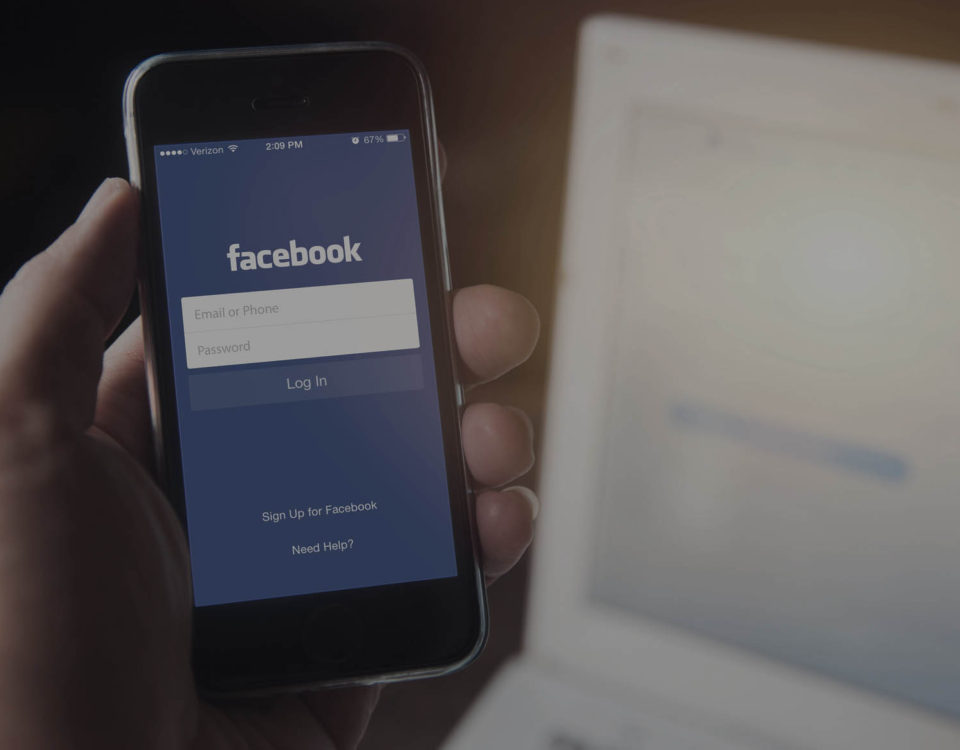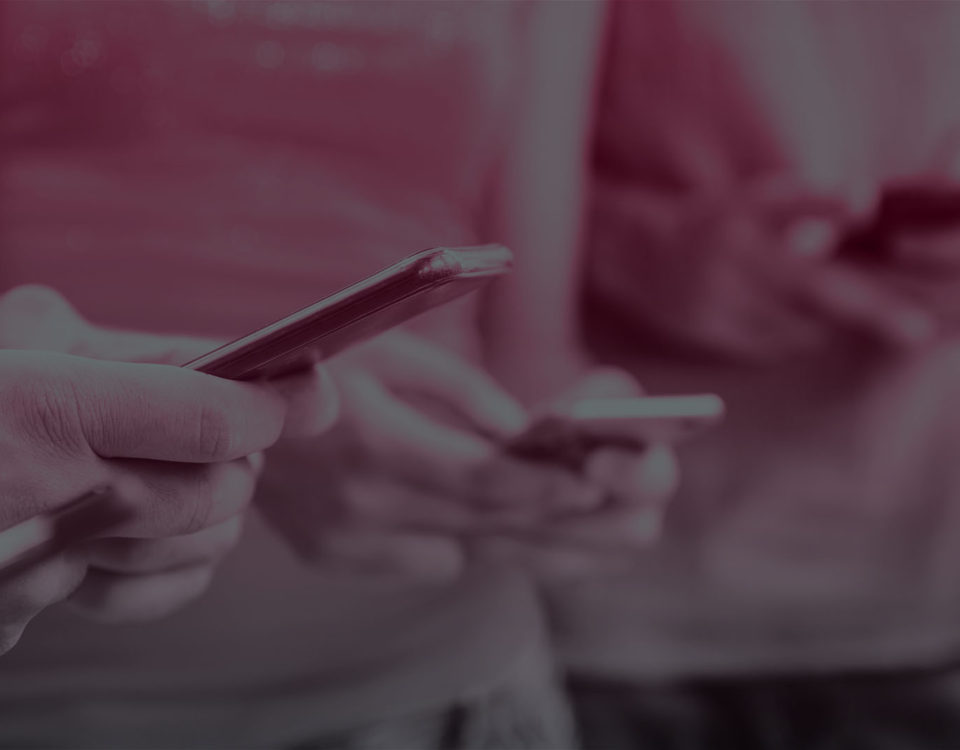How to disconnect your Facebook account from third-party apps

7 tips to making your laptop battery last longer
March 15, 2018
The 5 things you should do immediately if your phone is stolen
March 26, 2018Stop advertisers and other organizations harvesting your data
Following the revelation that research company Cambridge Analytica harvested data from more than 50 million Facebook users to use in the run-up to the 2016 US presidential election, it’s a good time to think about which third-party organizations you’ve given access to your Facebook data, and revoke any you’re not entirely comfortable with.
You might also have granted access to apps that have since changed hands, meaning they are now passing your data along to organizations you wouldn’t have given permission originally.
Cambridge Analytica obtained data through an innocuous looking personality profile tool called thisisyourdigitallife – the kind of app you might grant permission to your profile without thinking twice. Here’s how to find out who’s looking at your profile and stop any apps that have more access than they should.
What are you sharing?
Often, when you want to use a new online service, you’re given the option of creating a new account just for that site or logging in using your Facebook or Google account. It’s often tempting to opt for the latter – it’s quicker, more convenient, and you only have to click a single confirmation button – but by doing so, you can end up sharing far more data than you realise.
Logging into an app with Facebook can share a vast amount of information that’s invaluable to advertisers and organisations like Cambridge Analytica, including:
- Full name
- Friends list
- Profile picture
- Photos
- Education
- Work history
Quizzes and personality tests shared on Facebook also request access to your data, and it’s all too easy to simply click ‘Accept’ without considering why a horoscope app wants to know where you went to school or make posts to your friends on your behalf.
How to disconnect apps
To see what you’ve given permission to access your data, check out your App Settings page. You might be shocked just how many are listed, and although some will be familiar, there’s a good chance many won’t be.
Click any of the apps here to see what information you’re sharing with its developers. You can choose to stop sharing certain types of information with an app, though you can’t stop it accessing your public profile without disconnecting it completely.
The exact options presented when you click an app will depend on its developer. Sometimes you’ll be able to view a full privacy policy, but it’s not mandatory for developers to provide one. If you’ve given an app permission to post to your wall, removing it will also give you the option to remove those posts
Bear in mind that if you remove an app, the developer might still have your data on file. Facebook notes that the only way you can remove this is to contact the developer yourself.
Share less data in future
If you want to stop sharing your Facebook data with any third parties, select ‘Edit’ under ‘Apps, websites and plug-ins’ and disconnect your account from the Facebook Platform (a set of tools and services for developers to create their own products).
You don’t just need to worry about your own sharing preferences, either – third parties can also receive your data when your friends install an app. According to Facebook, this “makes their experience better and more social”, but since you have no control over which apps they trust, it’s wise to consider turning this off. To prevent this, visit your App Settings, select ‘Edit’ under the heading ‘Apps other people use’ and uncheck all the categories you’d rather keep private.
Finally, whenever you log into a site using Facebook or connect a new app, make sure you check which information it’s requesting and consider whether it’s really worthwhile. As Cambridge Analytica showed, apparently benign requests can be anything but.
This article was originally published at Tech Radar.



